A staggering N721 billion was received as bribes by Nigerian public officials including political appointees in 2023, according to a report by the National Bureau of Statistics (NBS).
The report ranked corruption as the fourth most important problem affecting the country in 2023, after the cost of living, insecurity, and unemployment.
The report titled, “Corruption in Nigeria: Patterns and Trends”, was released on Thursday, July 11.
It said the N721 billion paid in bribes amounted to about 0.35 percent of Nigeria’s Gross Domestic Product (GDP).
The United Nations Office on Drugs and Crime conducted a survey, which served as the basis for the results.
According to the survey, the average cash bribe was N8,284, an increase from an average of N5,754 in 2019.
The report read in part: “According to the 2023 survey, the average cash bribe paid was 8,284 Nigerian Naira. While the nominal average cash bribe size has increased since 2019 (from NGN 5,754), this does not account for inflation. The inflation-adjusted average cash bribe in 2023 was 29 percent smaller than in 2019 in terms of what could be bought with the money.
“Overall, it is estimated that a total of roughly NGN 721 billion (US$1.26 billion) was paid in cash bribes to public officials in Nigeria in 2023, corresponding to 0.35 percent of the entire Gross Domestic Product of Nigeria.
“This suggests relatively stable and high levels of concerns about corruption over time and compared to other concerns such as education or housing.
“Nigerians confidence in the government’s anti-corruption effort has been declining over time and across regions. While in 2019, more than half of all citizens thought that the government was effective in fighting corruption, in 2023, the share declined to less than a third of all citizens.
“The downward trend in the citizen’s confidence is observable across the entire country, with all six zones recording reductions of more than 10 percentage points between 2019 and 2023 in terms of the share of citizens who thought the government was effective in fighting corruption.”
The report indicates that 56 percent of Nigerians interacted with a public official in 2023, down from 63 percent in 2019.
Despite this reduction, bribery remains widespread, with an average of 5.1 bribes paid per bribe payer, totaling approximately 87 million bribes nationwide.
This is a decrease from the 117 million bribes estimated in 2019.
Researchers also revealed that bribery is more prevalent in rural areas, with an average of 5.8 bribes paid by rural residents compared to 4.5 bribes in urban areas.
In 2023, over 95 percent of bribes were paid in monetary form (cash or money transfer), according to the report on payment mode.
According to the report, public officials were more likely to demand bribes, while private sector actors included doctors in private hospitals, which increased from 6 percent in 2019 to 14 percent in 2023.
Despite this rise, bribery in the public sector remains about twice as high, with public sector contact rates also being twice as high as those in the private sector.
In 2023, 27 percent of Nigerians who interacted with a public official paid a bribe, a slight decrease from 29 percent in 2019, including instances where bribes were requested but refused.
Over one-third of interactions between citizens and public officials involved bribery.
Similarly, the report shows a growing trend of Nigerians refusing to pay bribes. In 2023, 70 percent of Nigerians asked to pay a bribe declined at least once, with the North-West zone having the highest refusal rates at 76 percent.
All regions recorded refusal rates above 60 percent, and this indicates that Nigerians are increasingly standing against corruption.
According to the report, bribery is becoming less accepted in Nigeria. The percentage of citizens who view bribery requests as acceptable to expedite administrative procedures decreased from 29 percent in 2019 to 23 percent in 2023.
Fewer citizens reported suffering negative consequences after refusing bribe requests in 2023 compared to 2019.
This suggests a growing empowerment among Nigerians to confront corrupt officials without fear of repercussions.
In 2023, 21 percent of bribe refusers indicated they refused because they had other options. Normative concerns (42 percent) and cost of living pressures (23 percent) also played significant roles in their refusal to pay bribes.
Furthermore, between 2020 and 2023, nepotism, bribery, or both contributed to the hiring of at least 60% of public sector employees.
Six out of ten successful candidates admitted to using nepotism, bribery, or both to increase their chances of recruitment, according to the report.
Specifically, 27 percent of these candidates admitted to using only bribery, 13 percent to only nepotism, and 19 percent to both bribery and nepotism.
On the other hand, 40 percent of the candidates claimed to have secured their positions without resorting to any such means, based on data collected between November 2020 and October 2023.
The report reads: “The selection process used to recruit public officials plays a crucial role in shaping the culture of integrity that should drive the civil service as well as ensuring that recruits have the highest standards of professionalism and merit.
However, the 2023 survey findings indicate that the public sector recruitment process requires closer monitoring, as almost half (46 percent) of people who secured a job in the public sector in the last three years before the survey admitted that they paid a bribe to facilitate their recruitment—about 1.5 times the share found in the 2019 survey (31 percent).
“The 2023 survey also found evidence that a considerable number of people recruited into the public sector secured their posts with the help of a friend or relative, many in addition to paying a bribe: of all successful applicants in the last three years before the 2023 survey, 32 percent were helped by friends or relatives.
“Overall, in the three years before the 2023 survey, around 60 percent of public sector applicants in Nigeria were hired as a result of nepotism, bribery, or both—about 1.2 times the share found in the 2019 survey.”
The report also indicated that the use of bribery is notably lower when the recruitment process includes formal assessments.
Specifically, 53 percent of candidates admitted to using bribery or nepotism to secure their positions, out of the 51 percent who did not receive a formal assessment.
Conversely, among the 49 percent of candidates who underwent a written test or oral interview, the use of unethical means such as bribery or nepotism dropped to 41 percent.
The report read: “The 2023 survey data show that approximately half (49 percent) of those who secured a position in the public sector in the three years before the survey passed a written test and/or oral interview during the recruitment selection process.
Importantly, the data suggest that the means of selection played a role in facilitating or preventing the use of illegal practices during recruitment.
Among those who underwent an assessment procedure (written test/ oral interview), 41 percent made use of bribery, while the share was as much as 53 percent among those who were not formally assessed.”
Researchers also revealed that bribery is more prevalent in rural areas, with an average of 5.8 bribes paid by rural residents compared to 4.5 bribes in urban areas.













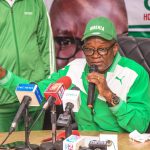
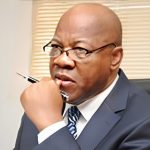




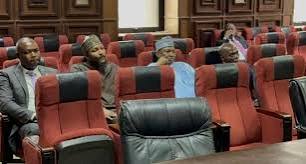











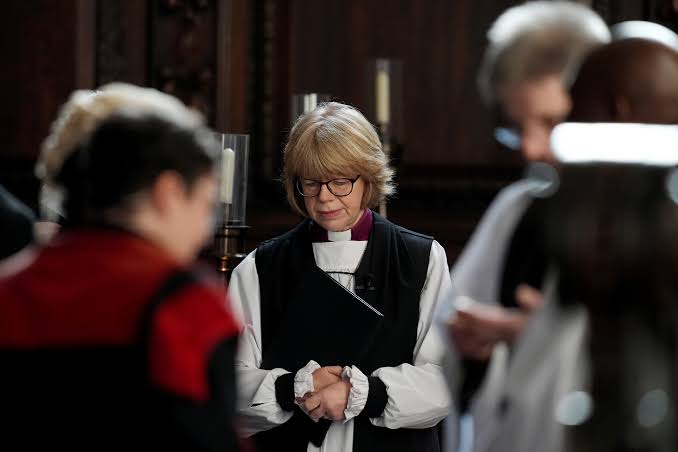

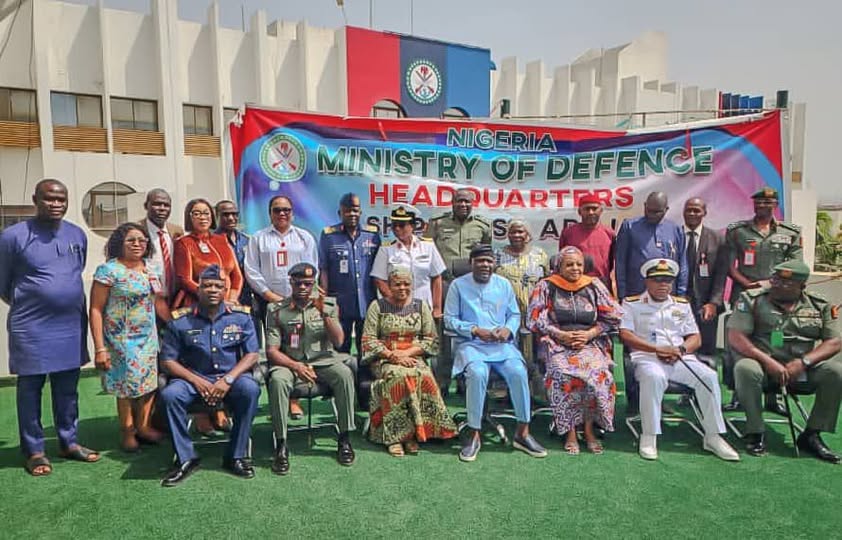
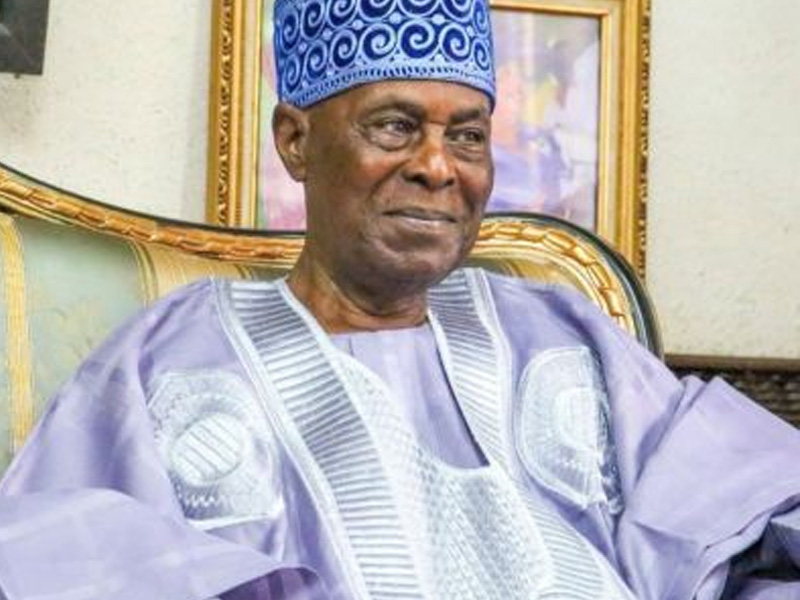

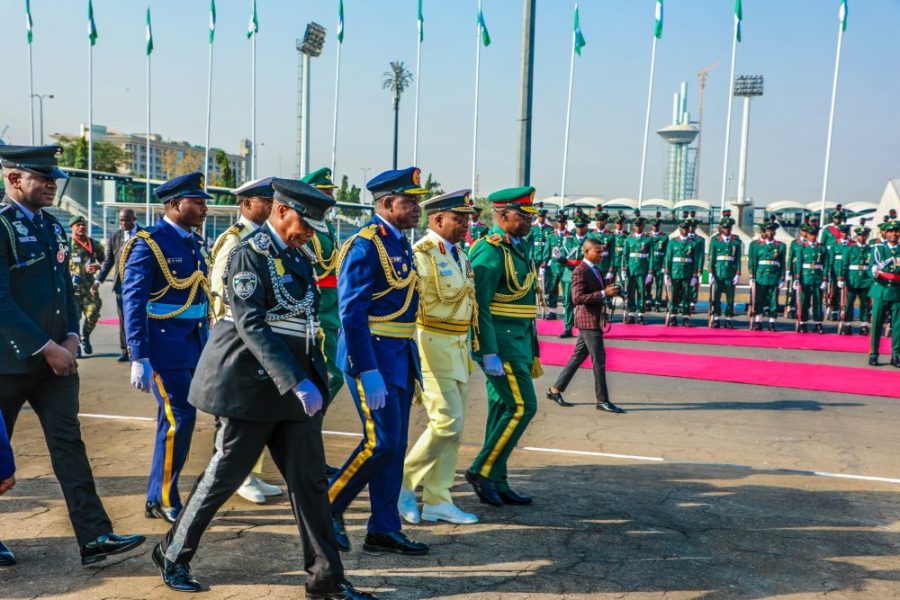
Leave a comment